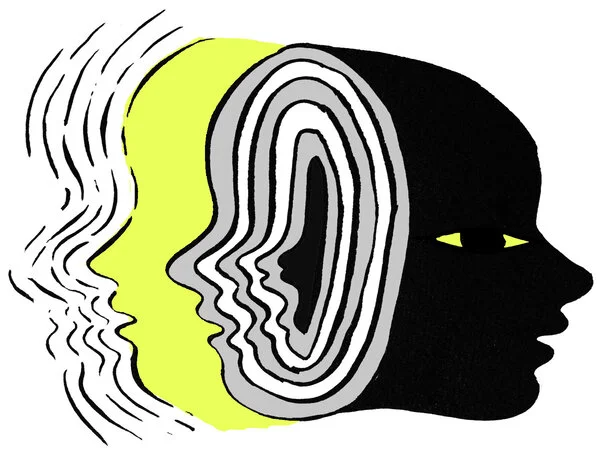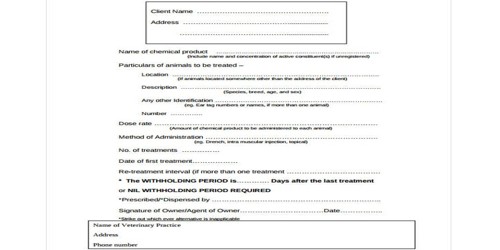While it might seem counterintuitive, accepting anxiety can actually help bring peace of mind. When we resist or try to suppress our anxiety, we often end up creating more tension and stress for ourselves. Accepting anxiety means acknowledging its presence and allowing it to exist without trying to fight it or push it away.
Unfortunately, many family members, friends, and celebrities have suffered from anorexia nervosa, or AN, a severe mental illness characterized by intense anxieties about weight, shape, and self-esteem. An eating disorder, food restriction, voluntary vomiting, and extreme emaciation are all symptoms of AN.
Mindfulness meditation has already become a widely accepted treatment for AN. Its effectiveness in clinically treating neurogenic emaciation, on the other hand, had not previously been investigated.
Mindfulness meditation, according to a team of researchers at Kyoto University’s Graduate School of Medicine, does reduce such anxieties. The study’s findings show changes in the activity of brain regions associated with anxiety.
We anticipate practical implications of our results in clinical psychiatry and psychology and broader research into mitigating suffering through mindfulness, using the strategy of self-acceptance to regulate attention.
Toshiya Murai
The mindfulness meditation program used by the team resulted in a significant reduction in obsessive thoughts about test subjects’ self-image and brain activity associated with related emotions. “Our findings suggest that the study participants became better at accepting their anxiety as it was,” says lead author Tomomi Noda.
Mindfulness and meditation complement each other. The former teaches practitioners to sharpen their awareness of their current experience as well as their ability to accept rather than judge their circumstances. The latter is the method for approaching mindfulness.
“We focused on the possibility that patients with AN use food restriction or vomiting to avoid their crippling anxiety about weight gain and self-image,” says co-author Masanori Isobe.

A 4-week mindfulness intervention program used tasks designed to induce weight-related anxiety to examine neural changes. The researchers then reduced the patients’ anxiety by assisting them in accepting their current situations and experiences at face value rather than avoiding them.
The researchers examined attention regulation in relation to eating disorders using functional magnetic resonance imaging, or fMRI. The study’s findings support the researchers’ subjective experiences, though it was surprising to them that several global events, such as the Covid-19 pandemic and the Russo-Ukrainian war, were significant factors in patients’ anxieties.
“We anticipate practical implications of our results in clinical psychiatry and psychology and broader research into mitigating suffering through mindfulness, using the strategy of self-acceptance to regulate attention,” concludes group leader Toshiya Murai.
Accepting anxiety as a part of life can be a helpful mindset in finding peace of mind. It’s important to understand that anxiety is a normal human emotion and everyone experiences it to some degree. However, when anxiety becomes chronic or overwhelming, it can interfere with daily functioning and well-being.
















